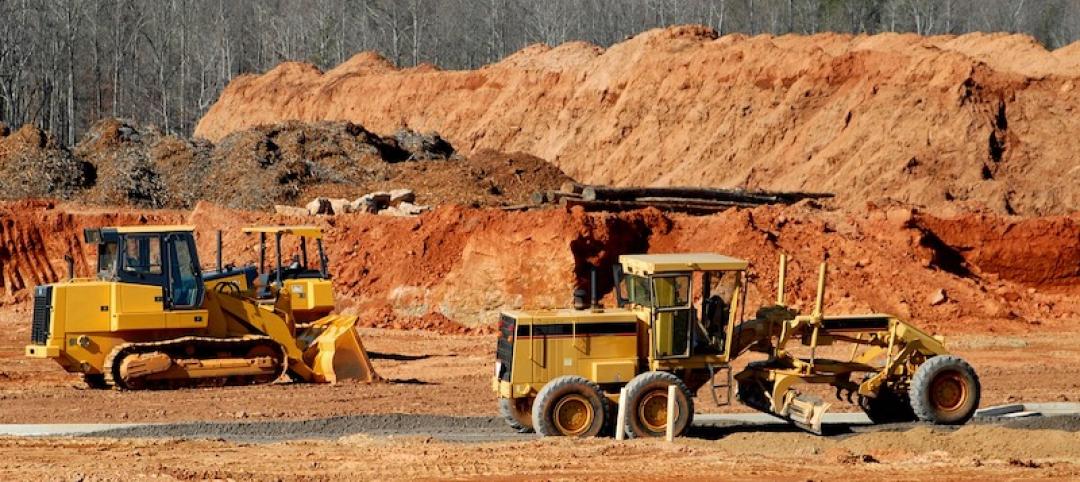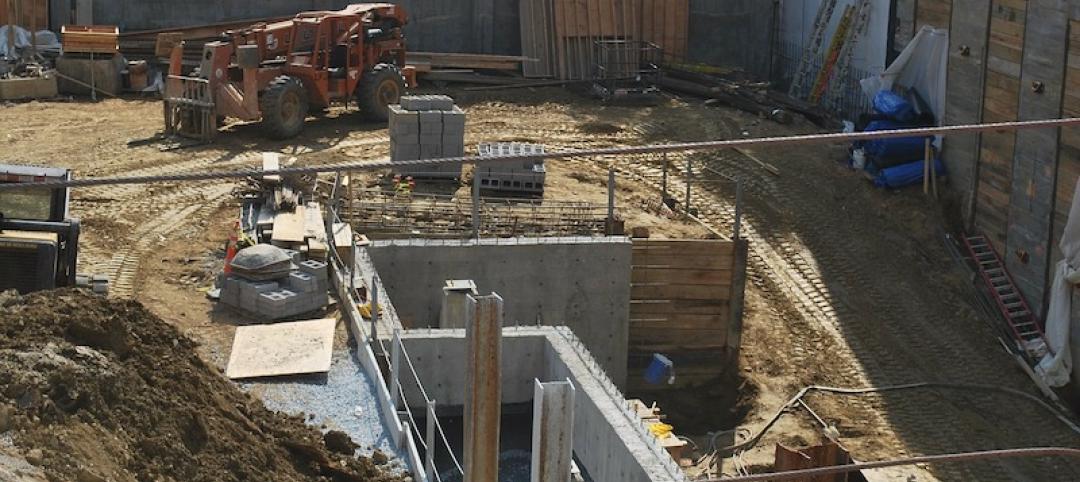Construction employment declined in more than nine out of 10 metro areas from March to April, a time when industry employment typically increases in most locations, an analysis by the Associated General Contractors of America of new government data shows. Association officials said new federal transportation funding could help restore many lost construction jobs, but cautioned that new legislation released today by House Democrats includes new regulatory measures that could undermine the broader goals of the measure.
“Today’s employment report shows how few areas were left unscathed by April’s unprecedented job losses,” said Ken Simonson, the association’s chief economist. “Sadly, our latest survey shows project cancellations are escalating, making further job losses inevitable unless there is funding for widespread new projects.”
The economist said construction employment declined between March and April in 326, or 91%, out of 358 metro areas and increased in only 20 areas (6%). Industry employment was unchanged in 14 areas. Over the previous 30 years, 75% of metro areas added construction jobs from March to April, on average, while 12% of metros shed jobs.
New York City lost the largest number of construction jobs for the month: 75,900 jobs or 49% of the March total. There were also extremely large construction job losses in the Seattle-Bellevue-Everett, Wash. area, 44,200 jobs or 41%. Construction employment fell by half or more in three areas: Montgomery County-Bucks County-Chester County, Pa. (-54%, -27,200 jobs); Warren-Troy-Farmington Hills, Mich. (-52%, -26,100 jobs); and Brockton-Bridgewater-Easton, Mass. (-50%, -2,300 jobs).
Simonson noted that more respondents in the association’s latest survey reported an upcoming project had been canceled in May or June than in April, implying that further job losses are likely. One-fifth of respondents reported a project scheduled to begin in May had been canceled, as did nearly one-quarter (24%) of respondents regarding a project scheduled to start in June or later, compared to 16% in April.
Association officials said new federal infrastructure investments in roads, bridges, transit and rail systems, like those proposed in a new transportation bill released today by House Democrats, would provide a needed boost to construction employment in many parts of the country and support a broader economic recovery. But they cautioned that new programmatic and regulatory requirements in the measure could undermine some the bill’s potential economic benefits. They urged Congressional leaders to work in a broad, bipartisan manner to rapidly pass a measure that expands highway capacity, improves bridges, builds transit and rail systems and supports long-term economic growth before current legislation expires.
“It is encouraging to see House Democrats proposing a significant increase in investments for transportation infrastructure,” said Stephen E. Sandherr, the association’s chief executive officer. “With over 40 million people unemployed and construction jobs declining in most metro areas, Congress needs to ensure that new, sustainable, investments bring as many people back to work as possible to help improve our aging highway, transit and rail systems.”
View AGC’s coronavirus resources and survey. View the metro employment data, rankings, map, highs and lows, and top 10.
Related Stories
Market Data | Jul 21, 2020
7 must reads for the AEC industry today: July 21, 2020
Abandoned high-rise becomes mixed-use luxury apartments and researchers are developing anti-coronavirus tech for buildings.
Market Data | Jul 20, 2020
Construction employment rises from May to June in 31 states, slips in 18
Recent data from Procore on jobsite workers’ hours indicates employment may have leveled off.
Market Data | Jul 20, 2020
6 must reads for the AEC industry today: July 20, 2020
Never waste a crisis and robotic parking systems help developers optimize parking amenities.
Market Data | Jul 17, 2020
7 must reads for the AEC industry today: July 17, 2020
Kennedy Middle School's new Administration/Family Center and Tips to make optimal use of salvaged materials.
Market Data | Jul 16, 2020
Final NEPA rule will make it easier to rebuild infrastructure, reinvigorate the economy, and continue protecting the environment
Administration’s final reforms to the federal environmental review process fix problems with prior process, maintain environmental rigor, and accelerate needed infrastructure improvements.
Market Data | Jul 16, 2020
5 must reads for the AEC industry today: July 16, 2020
1928 hotel reimagined as a new resiential and cultural hub and Walgreens plans hundreds of doctor's offices at its stores.
Market Data | Jul 10, 2020
5 must reads for the AEC industry today: July 10, 2020
The world's tallest hybrid timber tower and the Florida Gators have a new $65 million ballpark.
Market Data | Jul 9, 2020
6 must reads for the AEC industry today: July 9, 2020
The world's most sustainable furniture factory and what will construction look like when COVID-19 ends?
Market Data | Jul 8, 2020
North America’s construction output to fall by 6.5% in 2020, says GlobalData
Even though all construction activities have been allowed to continue in most parts of the US and Canada since the start of the COVID-19 pandemic, many projects in the bidding or final planning stages have been delayed or canceled.
Market Data | Jul 8, 2020
5 must reads for the AEC industry today: July 8, 2020
AEMSEN develops concept for sustainable urban living and nonresidential construction has recovered 56% of jobs lost since March.

















